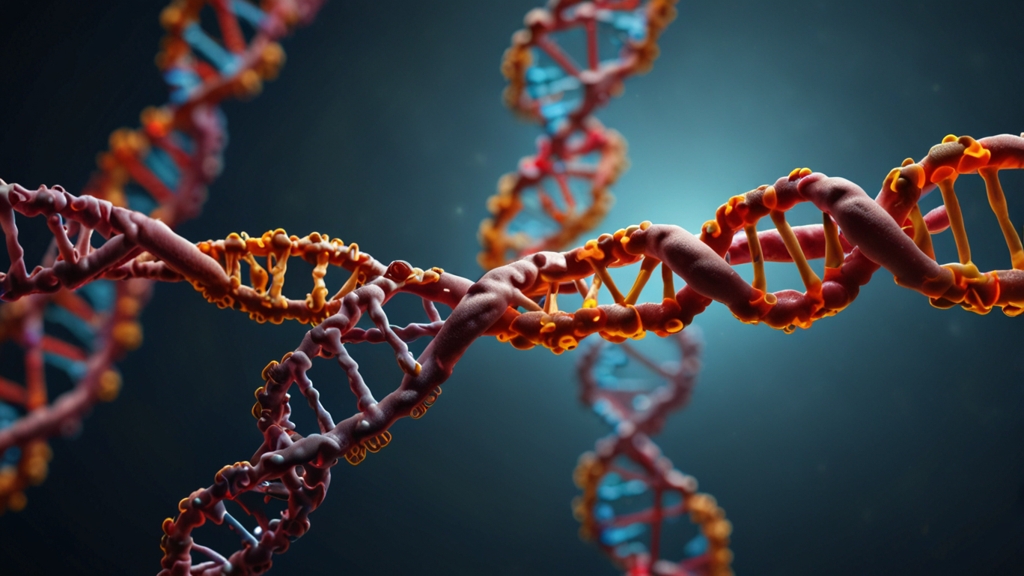How Stress Affects Your DNA: The Science of Epigenetics
In today’s fast-paced world, stress has become a common experience. While it’s well-known that stress can affect mental and physical health, fewer people are aware of its impact at a genetic level. Recent research in the field of epigenetics is uncovering how stress can alter the way our DNA functions, with potentially long-lasting effects. But what exactly is epigenetics, and how does stress play a role? Let's dive into the science.
Understanding Epigenetics
Epigenetics is a branch of genetics that studies how environmental factors can affect gene expression without altering the underlying DNA sequence. Think of your DNA as the hardware of a computer; it holds all the information. Epigenetics is similar to the software that tells the hardware what to do or how to perform. It involves changes to molecular mechanisms, such as DNA methylation and histone modification, which can activate or silence certain genes.
"The DNA sequence of a gene is like the text of a book, while the epigenome is like the bookmarks highlighting specific pages and chapters," explains Dr. John Smith, a leading researcher in the field of epigenetics.
The Biological Mechanism of Stress
When an individual experiences stress, the body undergoes a series of biochemical changes. Cortisol, commonly known as the stress hormone, is released to help the body manage the stressful situation. While this is beneficial in short bursts, chronic stress leads to prolonged cortisol exposure, which can disrupt various biological systems. Over time, this disruption can cause changes in the epigenome.
Stress-Induced Epigenetic Changes
Studies have shown that stress can lead to epigenetic modifications that affect gene expression. For instance, high levels of stress can increase the methylation of certain genes, resulting in their silencing. This can have widespread effects. Genes involved in immune function, mental health, and even aging processes can be impacted, leading to a higher susceptibility to diseases.
"Epigenetic changes due to stress can be likened to software bugs that accumulate over time, eventually causing the system to malfunction," notes Dr. Emily Lee, a geneticist specializing in stress-related epigenetic changes.
The Intergenerational Effects
One of the more alarming aspects of stress-related epigenetic changes is that they can be passed on to future generations. If a parent experiences significant stress, the epigenetic markers altered during their life can be inherited by their offspring. This can predispose children to similar health issues before they even encounter their own stressors.
Mitigating the Impact of Stress
While the concept of stress affecting our DNA might sound daunting, understanding the mechanism opens up avenues for intervention. Lifestyle changes such as regular exercise, balanced nutrition, and mindfulness practices like meditation can help manage stress levels and potentially reduce harmful epigenetic changes. Scientific advancements are also exploring pharmacological approaches to reverse these epigenetic modifications.
Conclusion
Stress is more than just a mental burden; its effects can reach deep into our genetic fabric. The emerging field of epigenetics highlights the profound impact that our environment and experiences can have on gene expression, affecting not only our own health but possibly that of future generations. By managing stress effectively, we can mitigate its negative impacts and potentially rewrite our biological destiny for the better.











